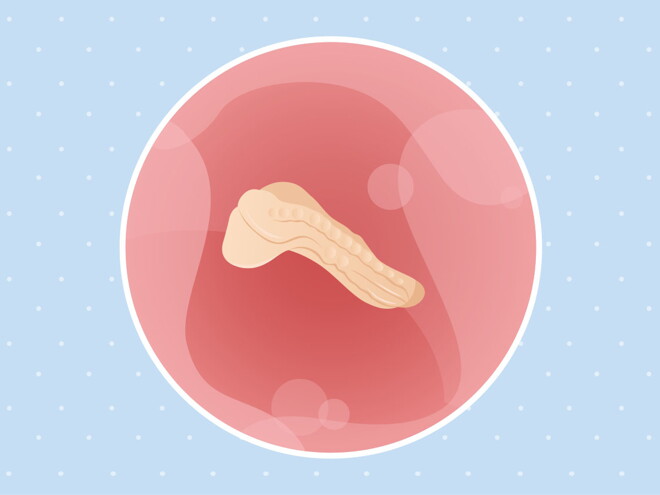
Indigestion And Heartburn During Pregnancy
How Can I Reduce Heartburn And Indigestion?
In the course of pregnancy, a woman experiences aches… changes... discomforts and a long list of symptoms. Heartburn is no exception as it often hits a mother-to-be during the last six months of pregnancy. Perhaps the heartburn at this period of time is not a big deal, but it is certainly a cause of pain and discomfort.
Heartburn is usually associated with indigestion that could leave a pregnant woman in a state of satiety and bloating.
From a scientific point of view, heartburn is caused by food drawing back from the highly acidic environment of the stomach into the esophagus and up towards the throat and the mouth and resulting in a burning sensation deep in the chest or a burning sensation that starts in the stomach and rises gradually, along with an acid taste in the mouth and a queasy feeling in the throat.
If you’re wondering about the possible causes behind heartburn and indigestion, they are numerous but they may be summed up as follows:
- Eating high-fat food.
- Consuming chocolate, coffee and other caffeine sources.
- Eating onion, garlic or spicy food.
- Taking some types of medications.
- Eating large meals.
- Eating fast.
- Lying flat on the back right after meals.
In addition to the common factors mentioned above, the increase of progesterone levels in a woman’s body during pregnancy plays a big role in triggering heartburn and indigestion, by causing the relaxation of the muscles that push the food from the esophagus down into the stomach, as well as the muscles that contract normally in order to break down food and digest it inside the stomach, further slowing down the digestion and resulting in satiety, bloating or flatulence.
The chances of having a completely heartburn and indigestion-free pregnancy are quite an impossible dream. Fortunately, they are temporary and non dangerous, as they tend to go away right after delivery. Until then, a pregnant woman should take her precautions and try her best to lessen these 2 symptoms.
From among the numerous available guidelines for that matter, we advise you to go by the effective and important selection below:
- Eat five to six small meals per day instead of three big ones, for this eating pattern can help boost your digestion.
- Drink liquids between meals not with meals.
- Avoid eating gas-forming foods like legumes, and heartburn trigger foods like spices, fatty foods, chocolate and caffeine.
- Don’t put too much sugar in your dishes and be reasonable while consuming its substitutes, as they may cause you bloating, acidity and gas.
- Avoid drinking beverages high in acidity, such as coffee and soda.
- Mind to eat your last meal of the day few hours before you go to bed.
- Make sure you sit up straight during your meals and few hours afterwards.
- Eat your food slowly so you can have time to chew it, making digestion easier on your stomach.
- Don’t lie down immediately after eating. Try to distract yourself and give your body the chance to digest, by taking a small walk or doing some light housework.
- After a meal, pop in a piece of free-sugar gum and chew it to pump up excess acid.
- Track your weight and follow the doctor’s directions so you won’t gain extra kilograms that might put additional pressure on your tummy and increase your likelihood of getting heartburn.
- Dress in loose and comfortable clothes that won’t put additional strain on your stomach and belly.
- Make sure that you sleep the night while your head and your abdomen are in a higher position than the rest of your body.
- Try to consume ginger drinks or ginger candies to relieve the stomach pain that may be associated to your condition.
- Ask your physician about an anti-acid medication that contains calcium and is considered safe in pregnancy.
In some cases, diet and lifestyle changes can be more than enough to ward off heartburn and indigestion during pregnancy. But in more severe cases, mom-to-be should consult her doctor and ask him about drugs that are safe and much more effective than anti-acids, especially if she’s coughing up blood, if she has difficulty swallowing, if she’s losing weight with no known reason or if she suffers from acute heartburn that causes her to wake up.
Read More: Metabolic Changes In Pregnancy

